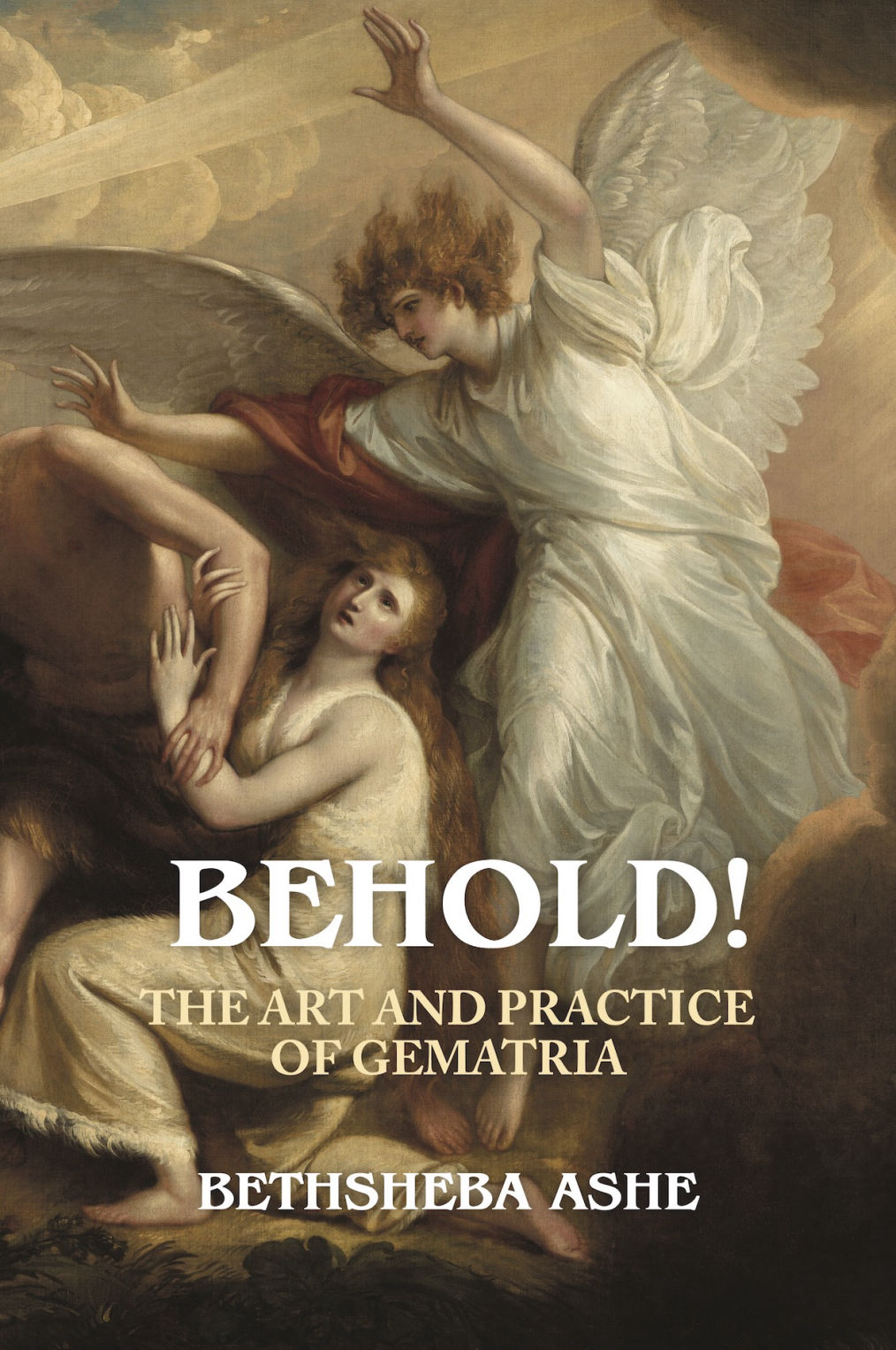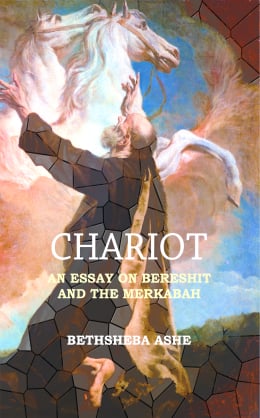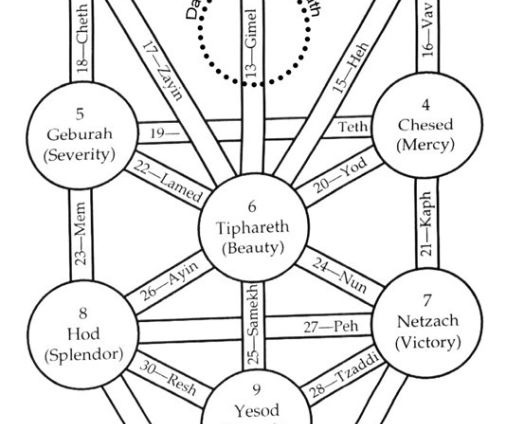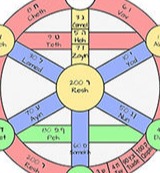Words and Calculations with the same Gematria value ...
| Word | Translation & Meaning | Transliteration | Strong's Number |
|---|
| אלון בכות | Meaning: Allon-Bakuth, a monumental tree. Usage: Allon-bachuth. | ALVNBKVTh | 439 |
| בן־אוני | Meaning: Ben-Oni, the original name of Benjamin. Usage: Ben-oni. | BNAVNI | 1126 |
| בעל זבוב | Meaning: Baal-Zebub, a special deity of the Ekronites. Usage: Baal-zebub. | BOLZBVB | 1176 |
| דמעה | Meaning: weeping. Usage: tears. | DMOH | 1832 |
| טעם | Meaning: to taste; figuratively, to perceive. Usage: × but, perceive, taste. | TOM | 2938 |
| טעם | Meaning: to taste; causatively to feed. Usage: make to eat, feed. | TOM | 2939 |
| טעם | Meaning: properly, a taste, i. e. (figuratively) perception; by implication, intelligence; transitively, a mandate. Usage: advice, behaviour, decree, discretion, judgment, reason, taste, understanding. | TOM | 2940 |
| טעם | Meaning: properly, a taste, i. e. a judicial sentence. Usage: account, × to be commanded, commandment, matter. | TOM | 2941 |
| טעם | Meaning: properly, flavor; figuratively, judgment (both subjective and objective); hence, account (both subjectively and objectively). Usage: chancellor, command, commandment, decree, regard, taste, wisdom. | TOM | 2942 |
| טפל | Meaning: properly, to stick on as a patch; figuratively, to impute falsely. Usage: forge(-r), sew up. | TPL | 2950 |
| יקוש | Meaning: properly, entangling; hence, a snarer. Usage: fowler. | IQVSh | 3352 |
| יקוש | Meaning: properly, entangled, i. e. by implication (intransitively) a snare, or (transitive) a snarer. Usage: fowler, snare. | IQVSh | 3353 |
| ישימון | Meaning: a desolation. Usage: desert, Jeshimon, solitary, wilderness. | IShIMVN | 3452 |
| מטע | Meaning: something planted, i. e. the place (a garden or vineyard), or the thing (a plant, figuratively or men); by implication, the act, planting. Usage: plant(-ation, -ing). | MTO | 4302 |
| מיסדה | Meaning: something founded, i. e. a foundation. Usage: foundation. | MISDH | 4328 |
| מעוג | Meaning: a cake of bread; parasite. Usage: cake, feast. | MOVG | 4580 |
| מעט | Meaning: properly, to pare off, i. e. lessen; intransitively, to be (or causatively, to make) small or few (or figuratively, ineffective). Usage: suffer to decrease, diminish, (be, × borrow a, give, make) few (in number, -ness), gather least (little), be (seem) little, (× give the) less, be minished, bring to nothing. | MOT | 4591 |
| מעט | Meaning: a little or few (often adverbial or comparative). Usage: almost (some, very) few(-er, -est), lightly, little (while), (very) small (matter, thing), some, soon, × very. | MOT | 4592 |
| מעט | Meaning: thinned (as to the edge), i. e. sharp. Usage: wrapped up. | MOT | 4593 |
| נתניה | Meaning: Nethanjah, the name of four Israelites. Usage: Nethaniah. | NThNIH | 5418 |
| עמדה | Meaning: a station, i. e. domicile. Usage: standing. | OMDH | 5979 |
| עתליה | Meaning: Athaljah, the name of an Israelitess and two Israelites. Usage: Athaliah. | OThLIH | 6271 |
| פגול | Meaning: properly, fetid, i. e. (figuratively) unclean (ceremonially). Usage: abominable(-tion, thing). | PGVL | 6292 |
| פלדה | Meaning: a cleaver, i. e. iron armature (of a chariot). Usage: torch. | PLDH | 6393 |
| פלחא | Meaning: Pilcha, an Israelite. Usage: Pilcha. | PLChA | 6401 |
| פלט | Meaning: to slip out, i. e. escape; causatively, to deliver. Usage: calve, carry away safe, deliver, (cause to) escape. | PLT | 6403 |
| פלט | Meaning: Pelet, the name of two Israelites. Usage: Pelet. | PLT | 6404 |
| פלט | Meaning: escape. Usage: deliverance, escape. | PLT | 6405 |
| קהתי | Meaning: a Kohathite (collectively) or descendants of Kehath. Usage: Kohathites. | QHThI | 6956 |
| קיט | Meaning: harvest. Usage: summer. | QIT | 7007 |
| שמוע | Meaning: Shammua, the name of four Israelites. Usage: Shammua, Shammuah. | ShMVO | 8051 |
| שקוי | Meaning: a beverage; moisture, i. e. (figuratively) refreshment. Usage: drink, marrow. | ShQVI | 8250 |
| תוקהת | Meaning: Tokahath, an Israelite. Usage: Tikvath (by correction for תקוה). | ThVQHTh | 8445 |
| תפלה | Meaning: frivolity. Usage: folly, foolishly. | ThPLH | 8604 |
| תפלה | Meaning: intercession, supplication; by implication, a hymn. Usage: prayer. | ThPLH | 8605 |





Please SHARE this PAGE!